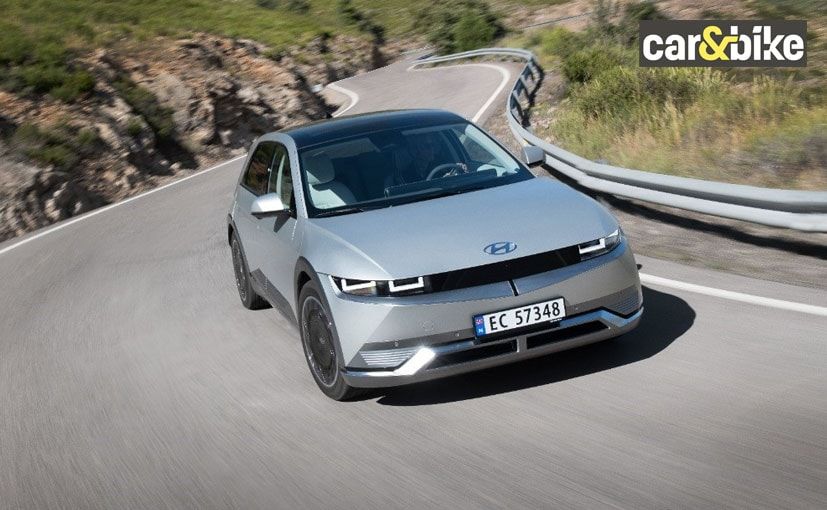Hyundai and Kia Corp have issued a recall for approximately 170,000 electric vehicles (EVs) in South Korea over issues with the integrated charging control unit. The affected vehicles likely have a software fault needing rectification. The decision, disclosed by South Korea’s transport ministry, aims to rectify potential issues that could affect the powering of low-voltage batteries and possibly result in vehicle shutdowns while driving. The voluntary recall procedure is scheduled to commence from March 18, signalling the companies’ proactive approach to address the issue.

Also read: Hyundai Creta N Line Launched In India; Prices Start From Rs 16.82 Lakh
According to the ministry, Hyundai will recall 113,916 EVs, impacting various models including those from the Ioniq-series and Genesis lineup. Meanwhile, Kia is set to recall 56,016 EVs.
The identified errors lie within the software of the integrated charging control units utilised in these Hyundai and Kia EVs. Such faults pose a risk of difficulty in powering the low-voltage battery, raising concerns about potential vehicle stoppages during operation.

Also read: Kia India Crosses 400,000 Connected Cars Sales Mark; Seltos Accounts For 65% Of Total Sales
In a similar incident, in June 2023 NHTSA had set undertaken an investigation in the US for power loss in Hyundai’s Ioniq 5 electric SUV. About 30 complaints had been filed regarding partial or complete loss of propulsive power, often accompanied by a loud popping sound. Back then, an estimated number of 39,500 vehicles were affected.
Hyundai addressed that issue by providing a software update and replacing any necessary components in the following months. The problem was attributed to power surges damaging transistors, affecting the 12-volt battery’s recharge capability.
Written by: Ronit Agarwal




